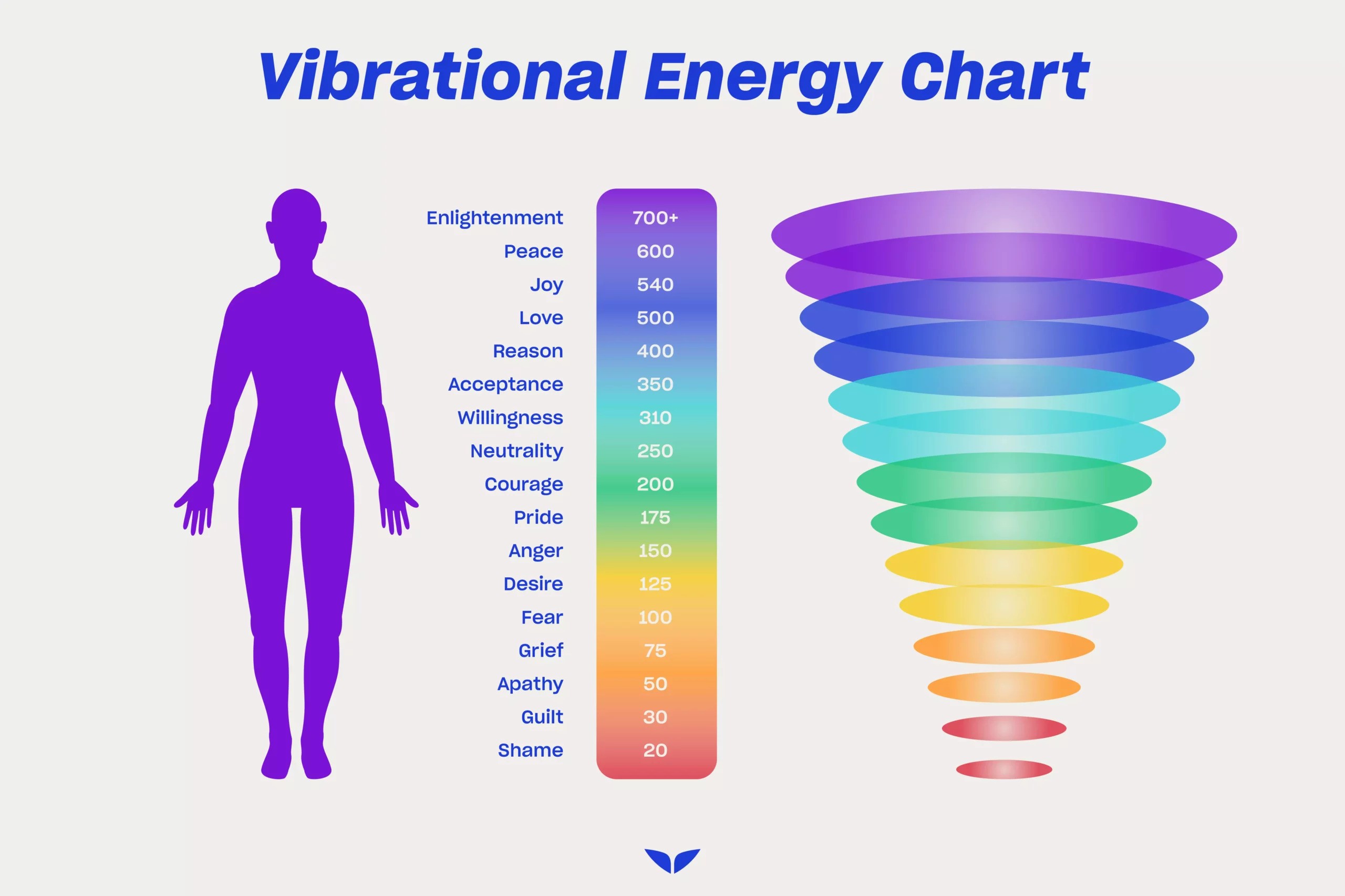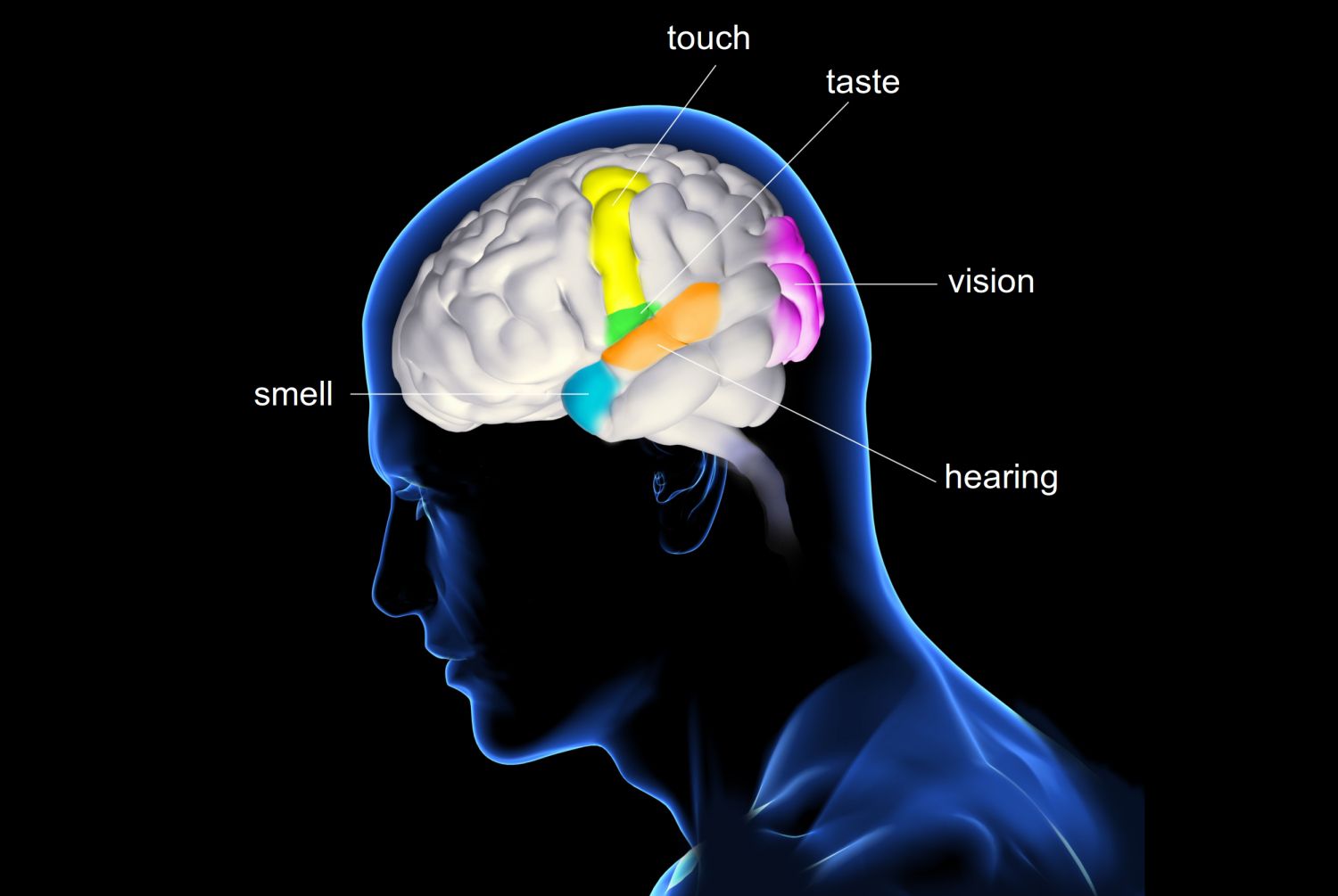How Imagination Influences Your Perception of Reality
Have you ever stopped to ponder the power of imagination in shaping our perception of reality? From our earliest childhood memories to the present moment, imagination plays a pivotal role in sculpting our worldview. At its core, imagination is the ability to mentally conjure up images and concepts that are not present in our immediate surroundings.
It’s the creative spark that allows us to dream, envision, and innovate. But imagination does more than just fuel our wildest fantasies – it also has a profound impact on the way we perceive the world around us. According to research, our perception of the world is not solely based on our five senses. Rather, imagination plays an important role in interpreting sensory information and shaping our experiences.
For example, consider how our imagination can enhance the taste of food or intensify the emotions we feel while watching a movie. Imagination also influences our memory and recollection of events. By drawing on past experiences and sensory details, we can use our imagination to construct a mental image of an event or scenario that may not be entirely accurate. As a result, imagination can impact how we remember past events and shape our understanding of the present moment.
Imagination affects perception

Imagination is often dismissed as a fanciful, frivolous indulgence. However, research has revealed that the power of imagination is profound and has a marked impact on how we perceive reality. From influencing our sensory experience to shaping memories and recollections, the effects of imagination are far-reaching and transformative.
Imagination is more than just visualizing scenarios or ideas. It actually plays a crucial role in our perception of the surrounding world. It has been revealed that imagination can significantly alter and shape our sensory experiences. For instance, imagine being in a pitch-dark room. Our imagination can conjure up a variety of possible scenarios; we might feel scared or anxious, as we imagine that something terrifying is lurking in the shadows. However, if we were to use our imagination and visualize a torch in our hand, we would suddenly feel much calmer and more relaxed. This example illustrates how imagination can influence our perception and alter our emotions, even if the situation remains unchanged.
In addition, imagination also influences memory and recollection. Memories are not just movie-like replays of past events. Rather, they are molded by our imagination, feelings, and beliefs. Our imagination can alter our memory, creating inaccuracies that feel real to us. For instance, think of a childhood memory where you were lost at a fair. As you recall the event, you might imagine your parents frantically searching for you, looking worried. However, this dramatic and emotionally charged image might not be accurate. Our imagination can distort memories, making us remember things differently from how they actually happened.
In conclusion, imagination is not just a flight of fancy, but a potent tool that affects how we perceive reality. It can alter our sensory experiences and memories, transforming them into something entirely different from what actually happened. The impact of imagination is profound, and this realization highlights the importance of cultivating our imagination to enhance our well-being and perception of the surrounding world.
Imagination in childhood

Imagination and creativity in children go hand in hand. Children have a natural inclination towards imagination and creative activities like drawing, storytelling, and role-playing. Engaging in such activities helps children explore their imaginative side, come up with unique ideas, and develop problem-solving skills.
Encouraging children to engage in imaginative activities also boosts their confidence and self-esteem, which, in turn, helps them think outside the box. Moreover, imagination plays a crucial role in helping children develop social skills. Pretend play or role-playing helps children learn how to interact with their peers, negotiate, and compromise.
When children engage in pretend play, they learn how to communicate their thoughts and ideas effectively. They learn how to take turns and work together towards a common goal, which is essential for developing social skills. However, the impact of imagination on social skills is not limited to just pretend play. Reading storybooks and watching movies can also help children develop empathy and emotional intelligence. When children read or watch stories, they put themselves in the shoes of the characters and experience their emotions. This helps them develop compassion, which is a crucial component of social skills.
Therefore, it is essential to encourage imaginative and creative activities in children from a young age. Supportive environments that provide children with opportunities for imaginative play can facilitate their learning and development. Such environments not only promote creativity and problem-solving skills but also help children develop essential social skills that will serve them well in their future endeavors.
Cultural Influences on Imagination

Imagination plays a significant role in cultural and religious practices and has a profound impact on shaping our perception of reality. For centuries, imagination has been a driving force in cultural practices, rituals, and traditions across different cultures worldwide.
Religion, for instance, relies heavily on imagination. The images of deities, heavens, and hells provide a scope for a person's imagination to come to life. Stories of miracles and divine intervention often spark the imagination of worshipers, making their faith and belief even stronger. Imagination becomes a tool here that helps believers connect and communicate with their deities. Moreover, cultural practices like dance, music, and storytelling provide a medium for people to experiment, innovate and creatively express themselves.
Cultures like Native American, African, and Australian Aborigines use art to tell stories and instigate a sense of pride and sense of belonging among their people. Media and technology are widely used today as a medium for imagination. Novels, movies, and video games provide a vast canvas for imagination to run wild, giving an immersive experience to the audience, and transporting them to new worlds and places.
Social media further influences imagination and perception of reality. Photos, memes, and videos on social media platforms like Instagram, Twitter, and TikTok influence users' perceptions of reality, shaping their beliefs and opinions. Imagination in cultural practices and technology often goes hand in hand.
Today, technology has given people countless ways to indulge in the world of imagination, bringing them closer to fictional characters and events. This, in turn, influences people's perception of reality, making it difficult to tell fact from fiction.
In conclusion, imagination has a profound impact on how we perceive reality. Cultural practices, along with media and technology, play a key role in shaping our imagination and influencing our beliefs. Imagination is a powerful tool that allows us to explore, experiment, and express ourselves creatively. As technology advances, imagination will become an even more integral part of how we perceive the world around us.
Imagination and mental health
Mental health conditions can be debilitating and often require time, patience, and professional help to overcome. Coping mechanisms can also be crucial to an individual's mental health journey, and imagination can play a crucial role in developing such mechanisms. Imaginative thinking can help individuals create a safe space where they can retreat when they experience negative emotions or thoughts, a place where they can be someone or somewhere else.
For individuals with anxiety disorders, imagination can help them visualize a situation that feels safe and calm, allowing them to reduce the intensity of their symptoms. It can also serve as a distraction from negative thoughts and help boost self-esteem through envisioning achievements or positive scenarios. In psychotherapy, imagination is used to face fears, confront traumatic events, and develop coping mechanisms.
For instance, visualization techniques can help individuals gain self-awareness and insight into themselves, their emotions, and their thought processes. Imagining new possibilities and solutions can also enable them to problem-solve effectively. However, imagination is not a substitute for seeking professional help. It is crucial to seek guidance from a mental health professional when experiencing psychological distress. In conclusion, imagination is a powerful tool when it comes to coping with mental health disorders. It can help individuals visualize safe spaces, reduce symptoms, and develop coping mechanisms. However, it is essential to remember that imagination is not a substitute for professional help.
Conclusion
It's fascinating how much of our perception of reality is influenced by our imagination. Our imaginations have the power to alter the way we see and experience the world around us. From childhood to adulthood, from cultural influences to mental health, our imaginations continue to shape the world we see. In childhood, imagination and creativity go hand in hand. Children are known for their wild imaginations and this imagination helps them to develop their social skills, introducing them to human interactions and cementing their role in a group. As children grow up, their imagination is shaped by different factors around them, such as cultural and religious practices, and technology.
Speaking of cultural and religious practices, the role of imagination is undeniable. Ceremonies, festivals, songs, and stories are always an infusion of fiction and reality. Through these practices, people create a mental picture that evokes a particular emotion (such as joy or sorrow), and this image can stay long after the experience has ended.
Media and technology have also reshaped the way our imagination works. Nowadays, we have apps like TikTok and Instagram, which have millions of people sharing their creative ideas. Imagination plays an essential role in mental health, from being used as a coping mechanism to helping people recover from trauma. It is used frequently in many therapies, such as CBT (Cognitive Behavioural Therapy) and mindfulness, to alter negative thoughts and encourage positive ones. Imagination has a profound impact on how we perceive reality. It influences our memories and sensory experiences, shapes our social development, and allows us to cope with mental health problems.
Our imaginations have the power to change our reality, and the more we become aware of it, the better we can harness its potential.



